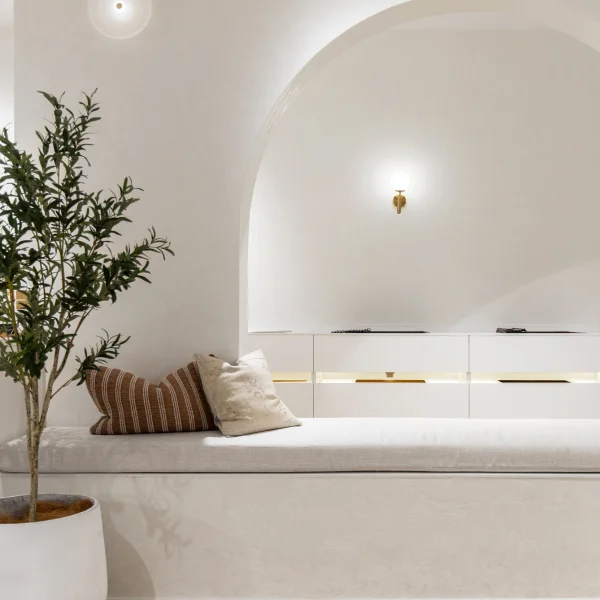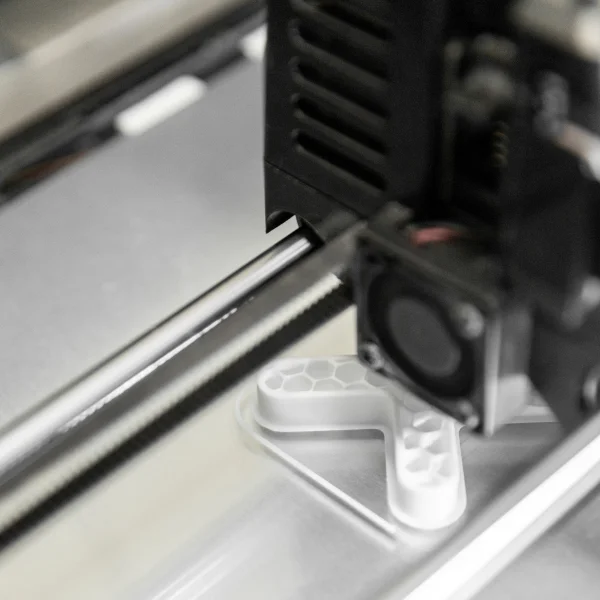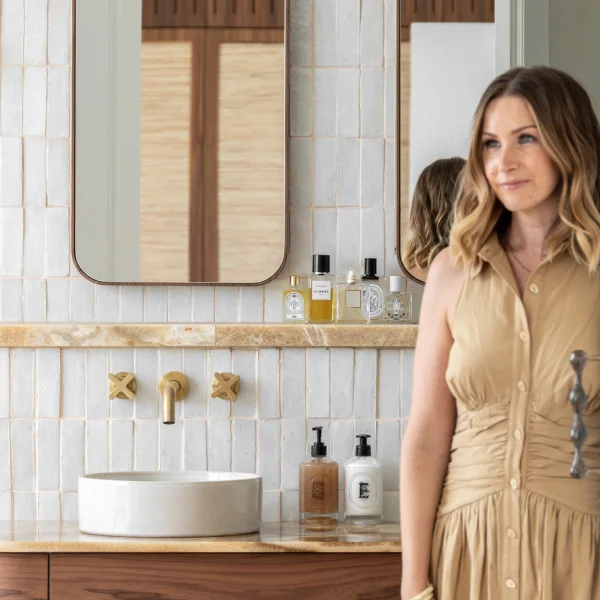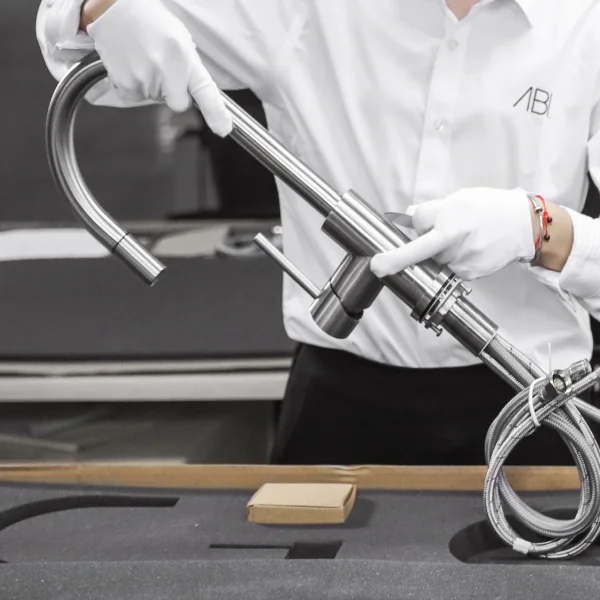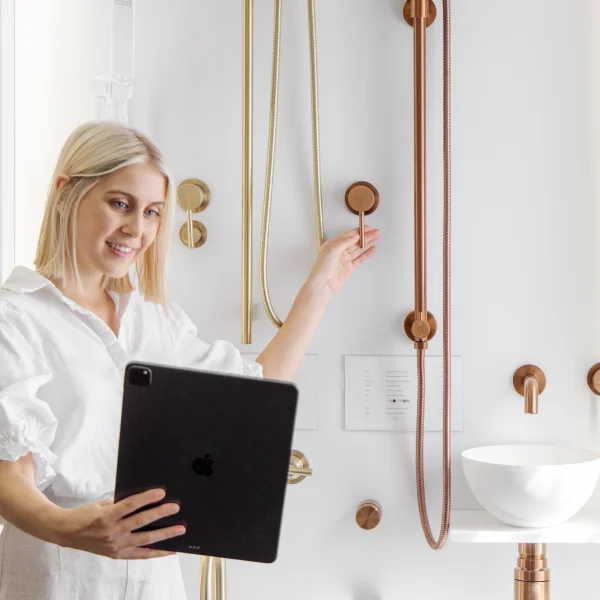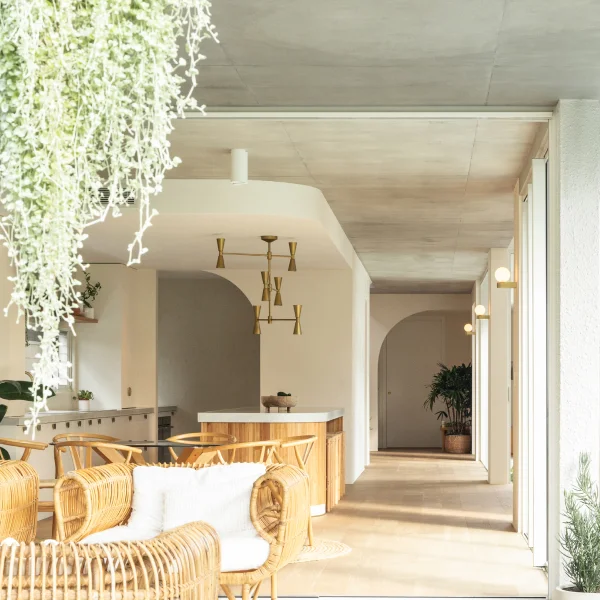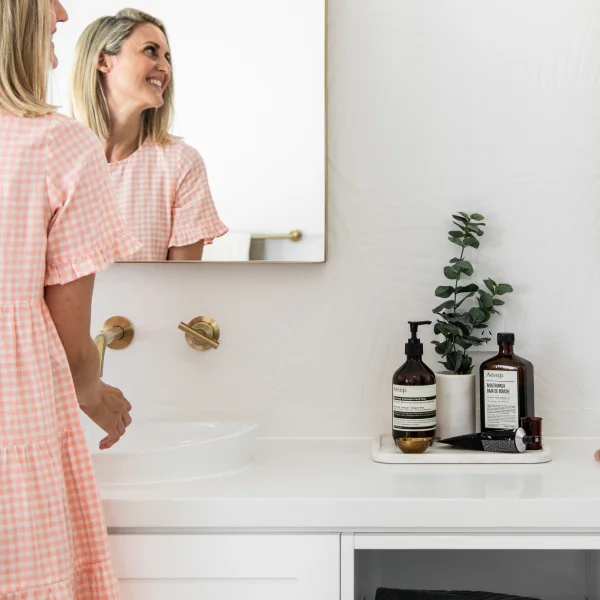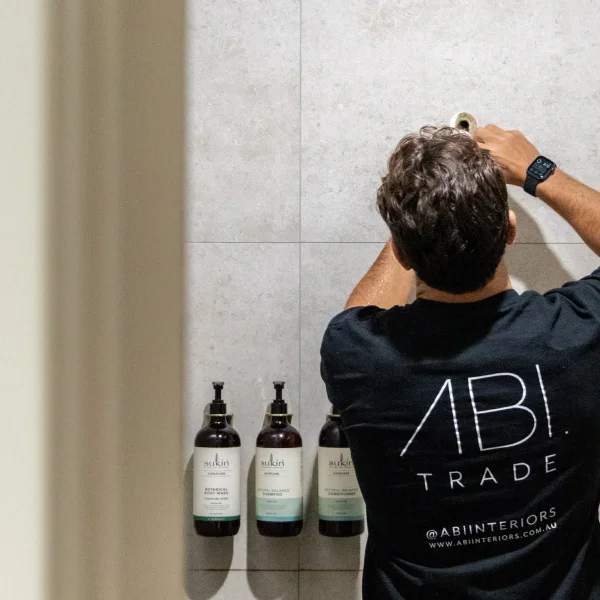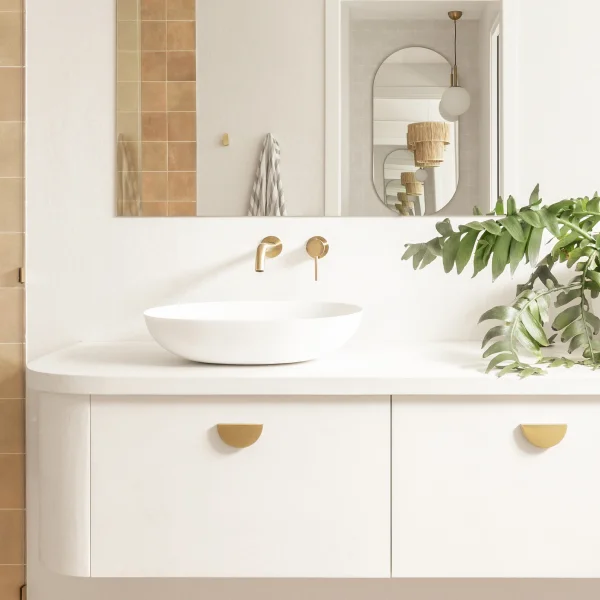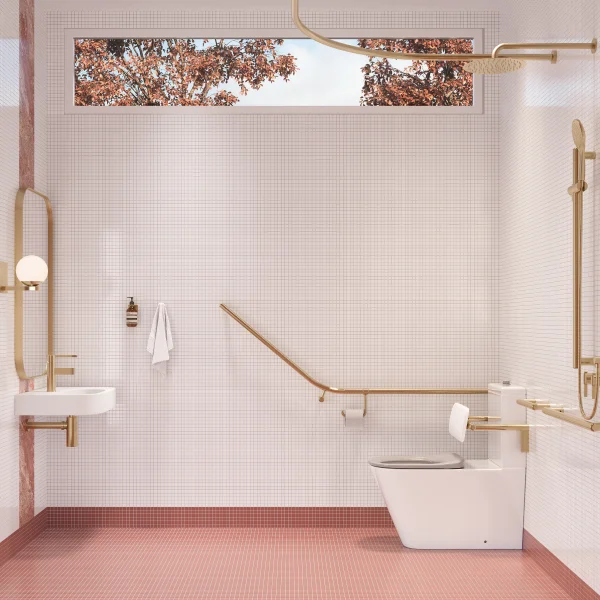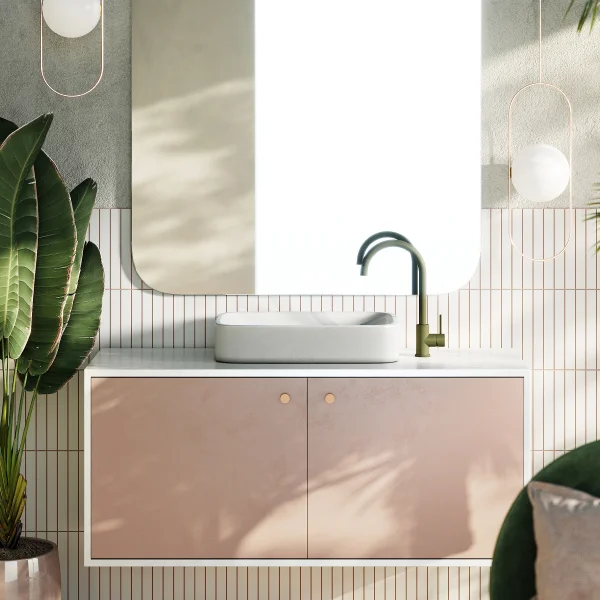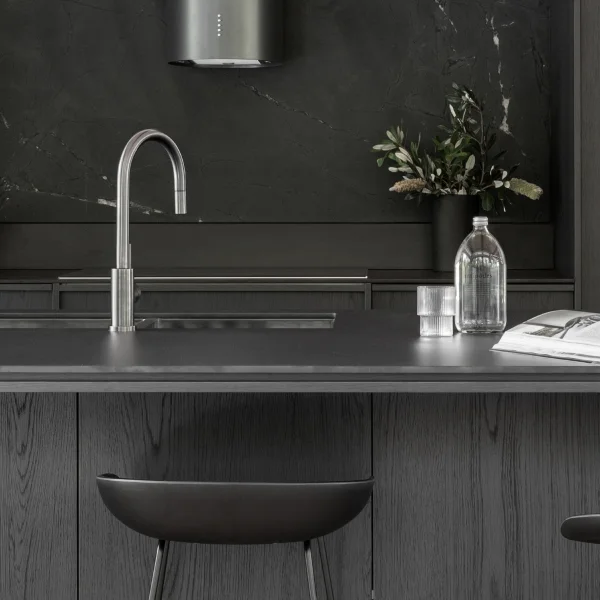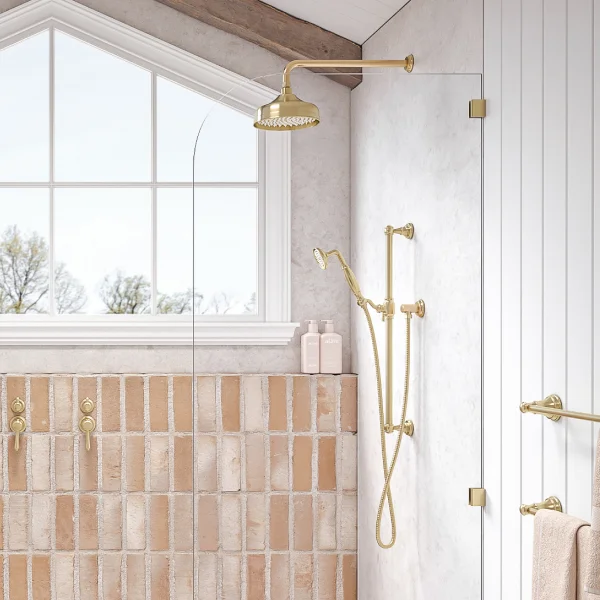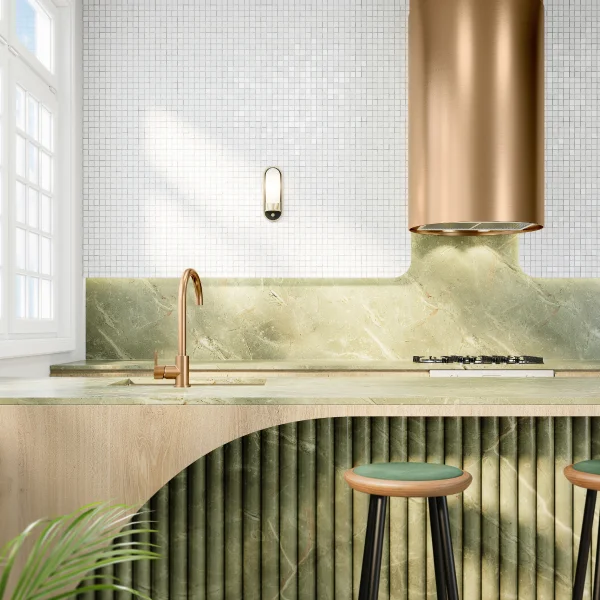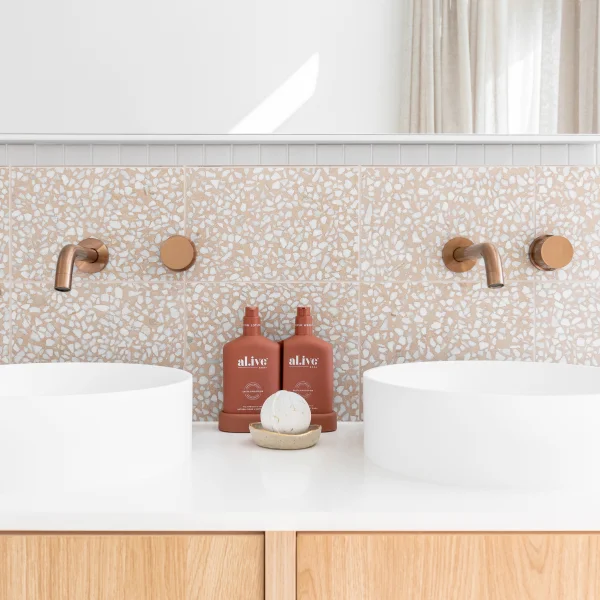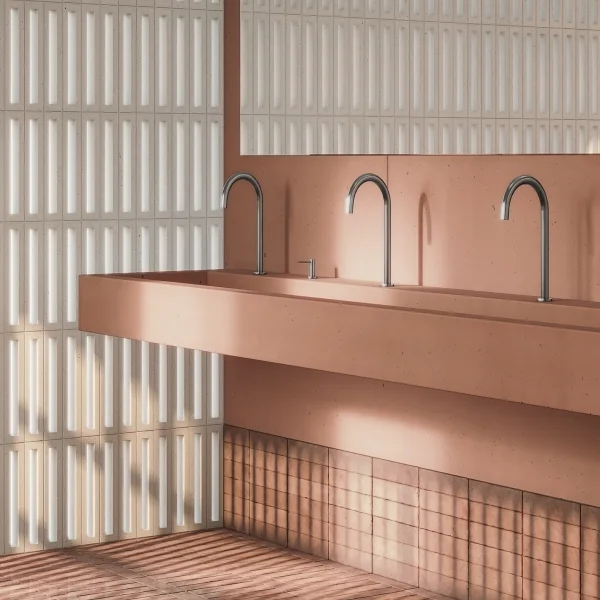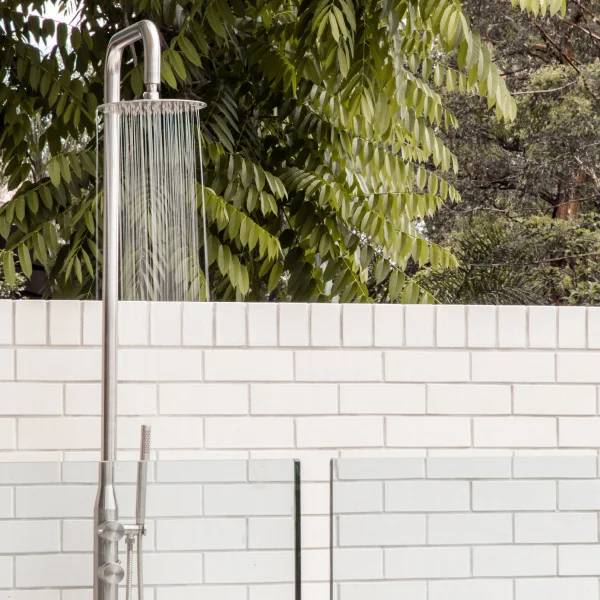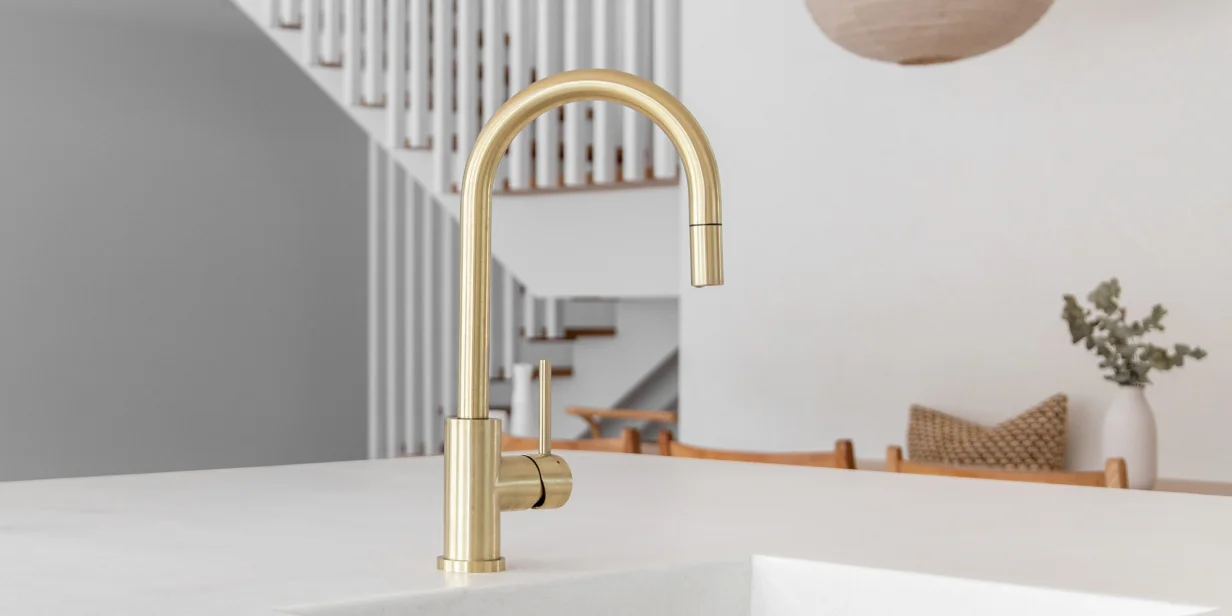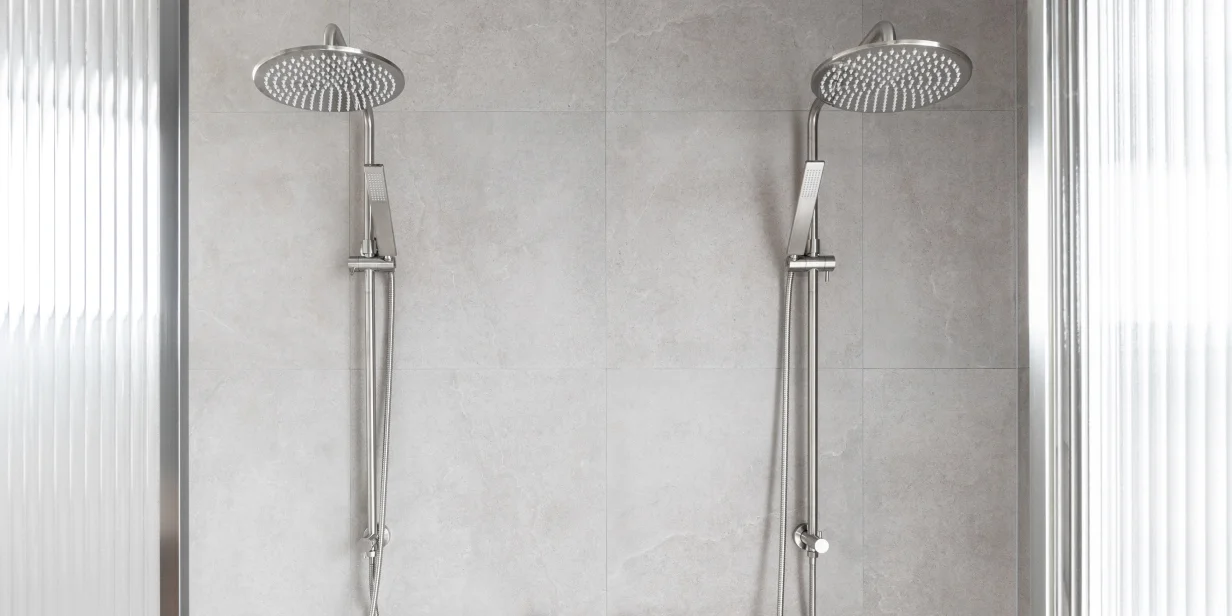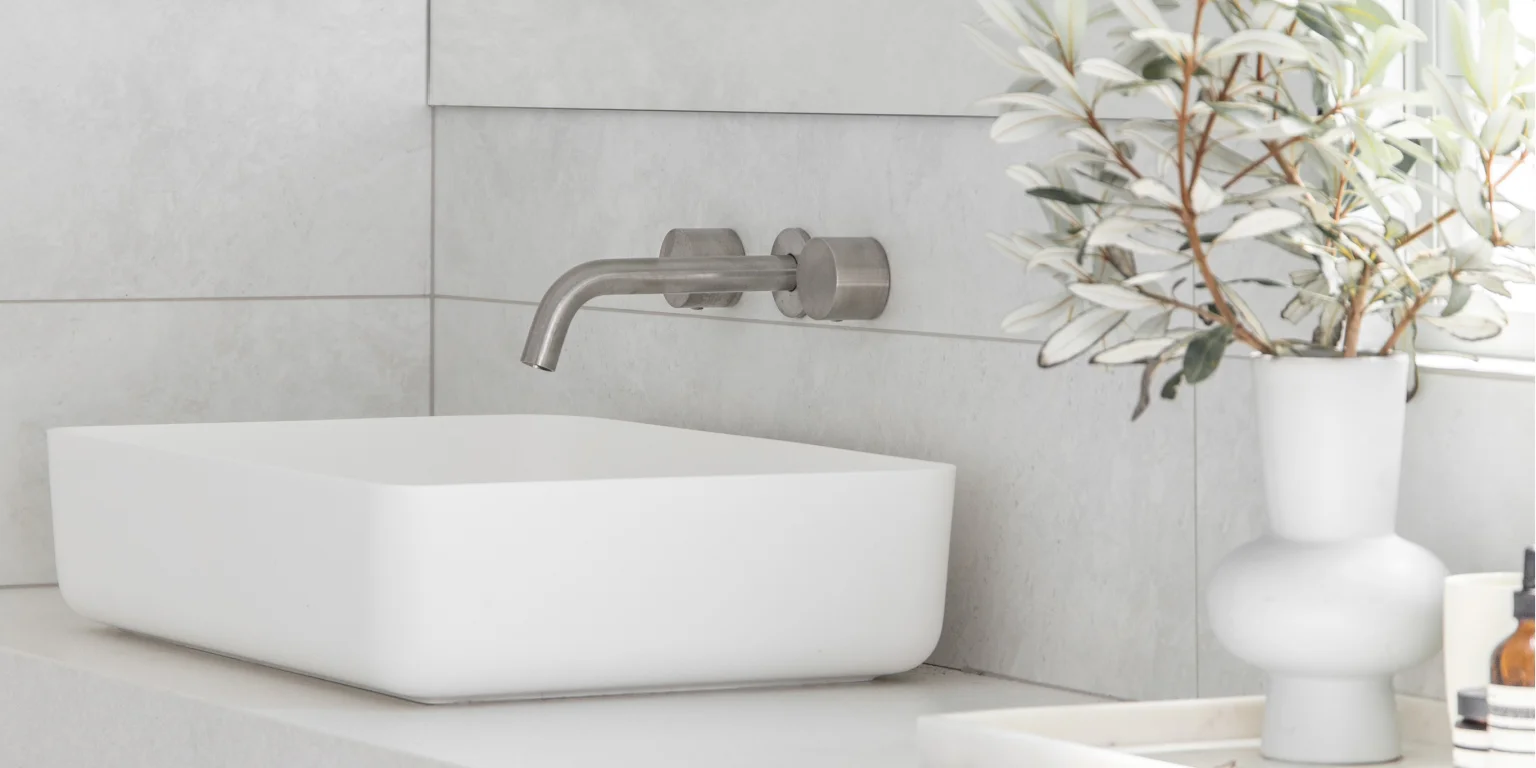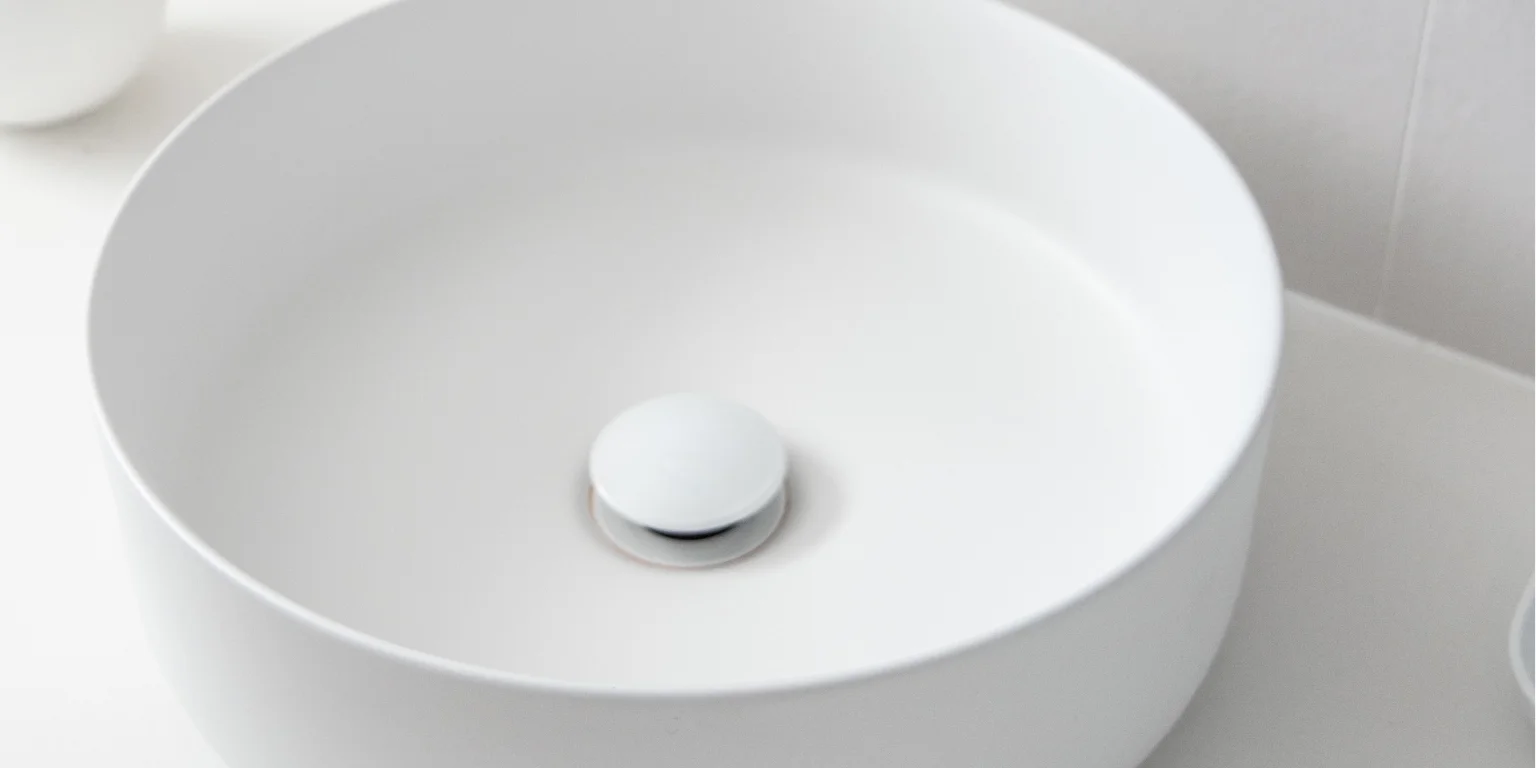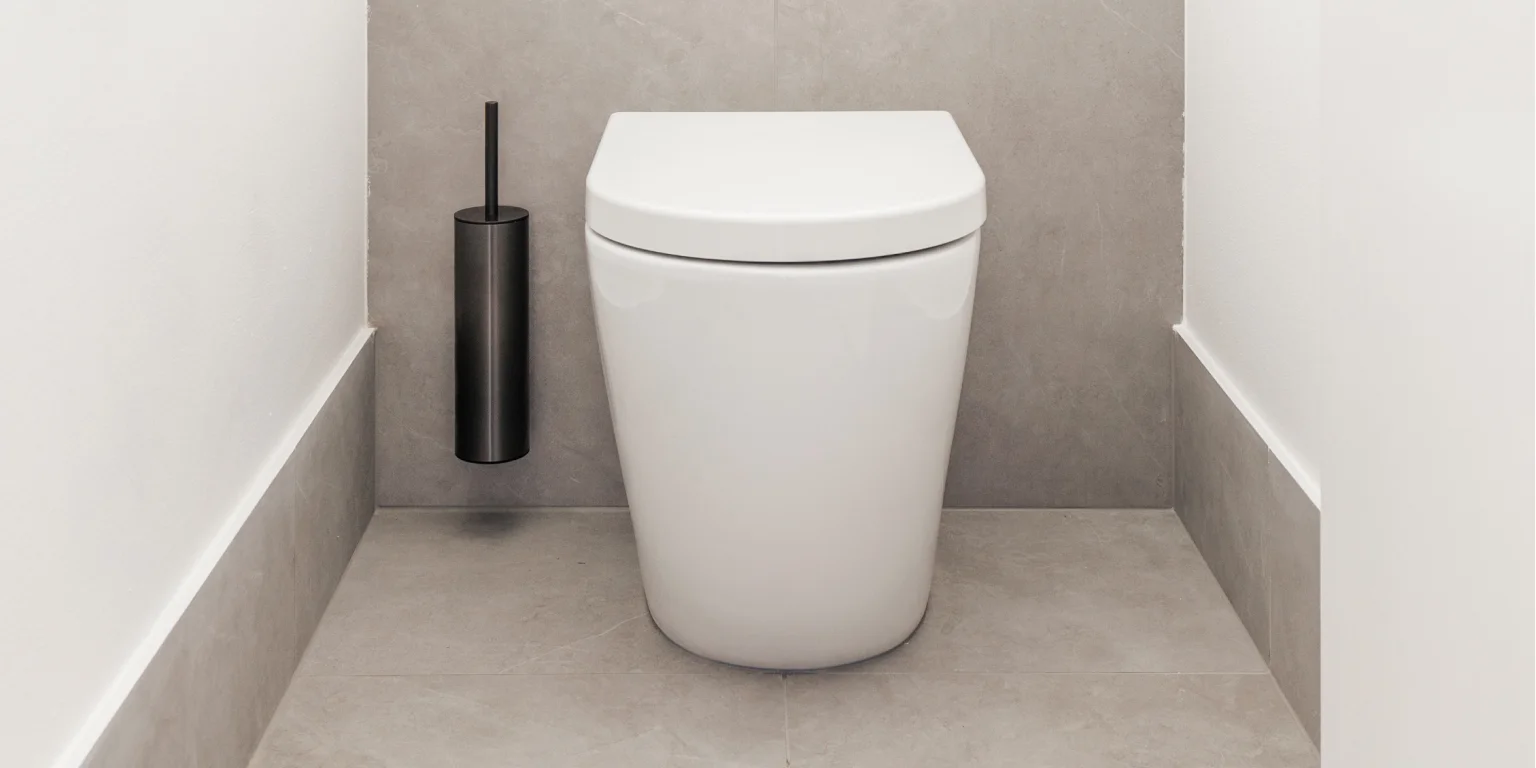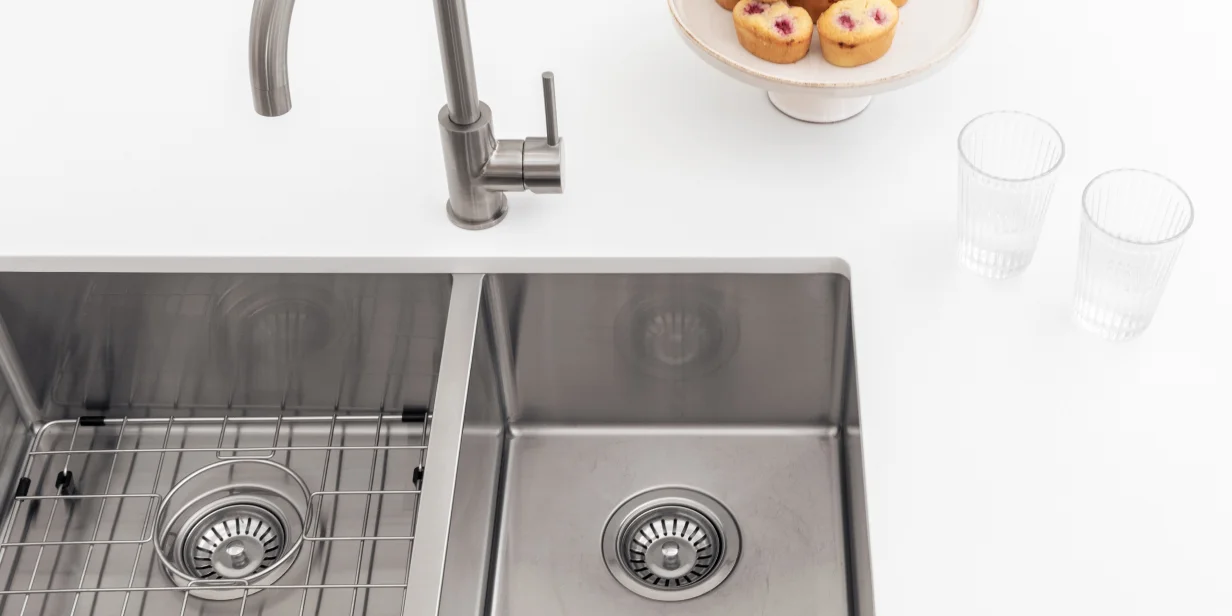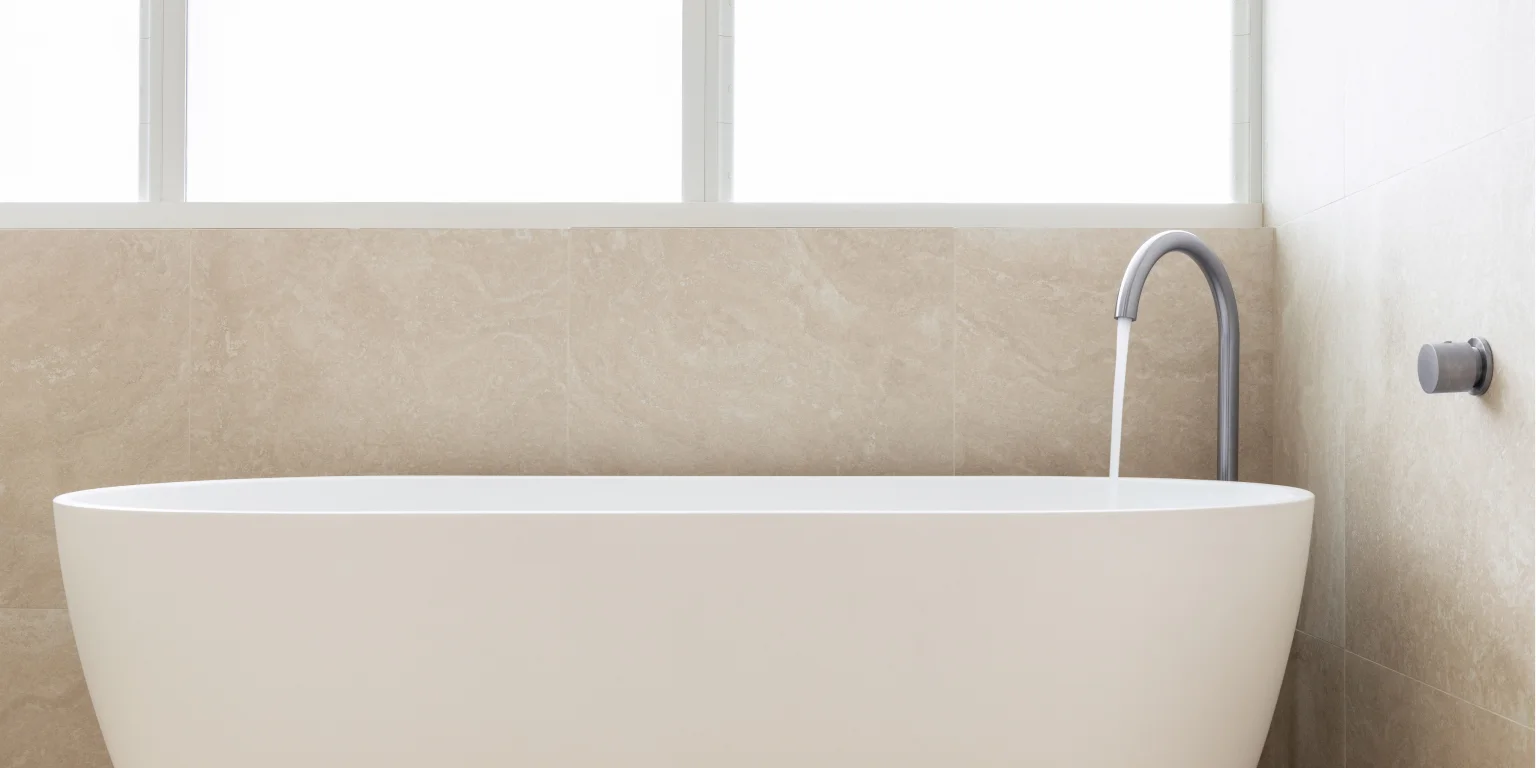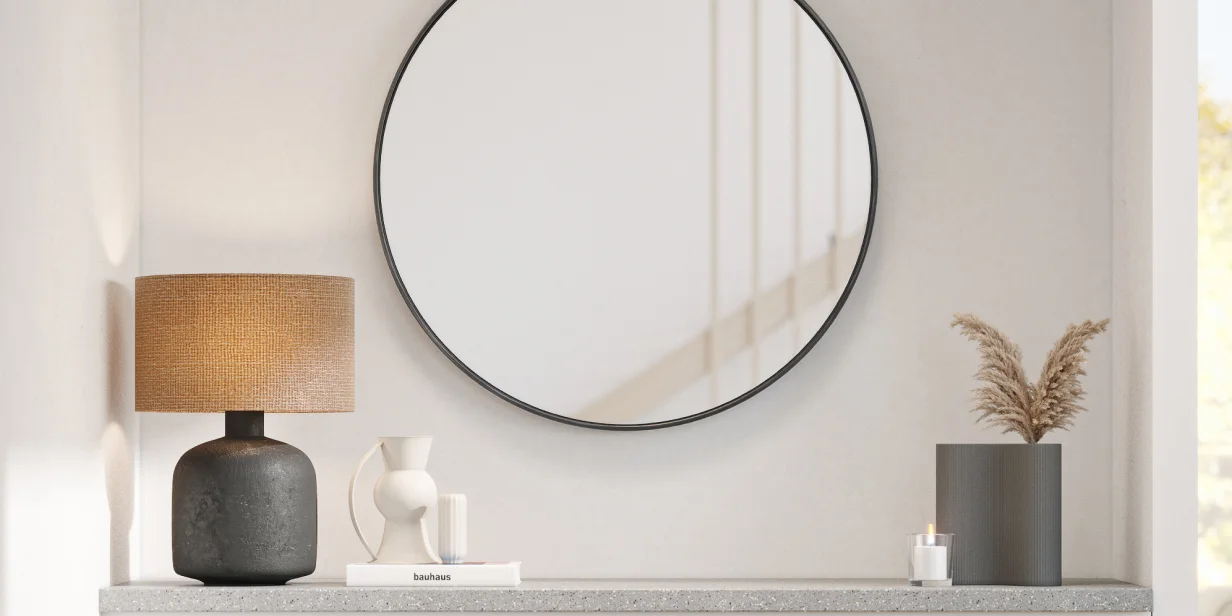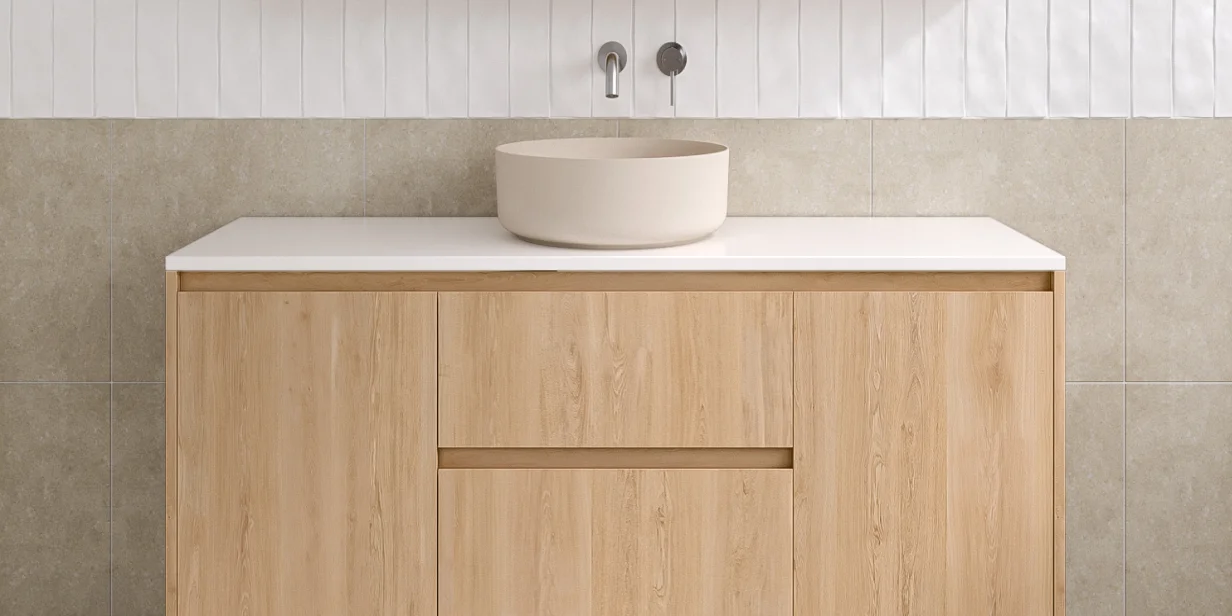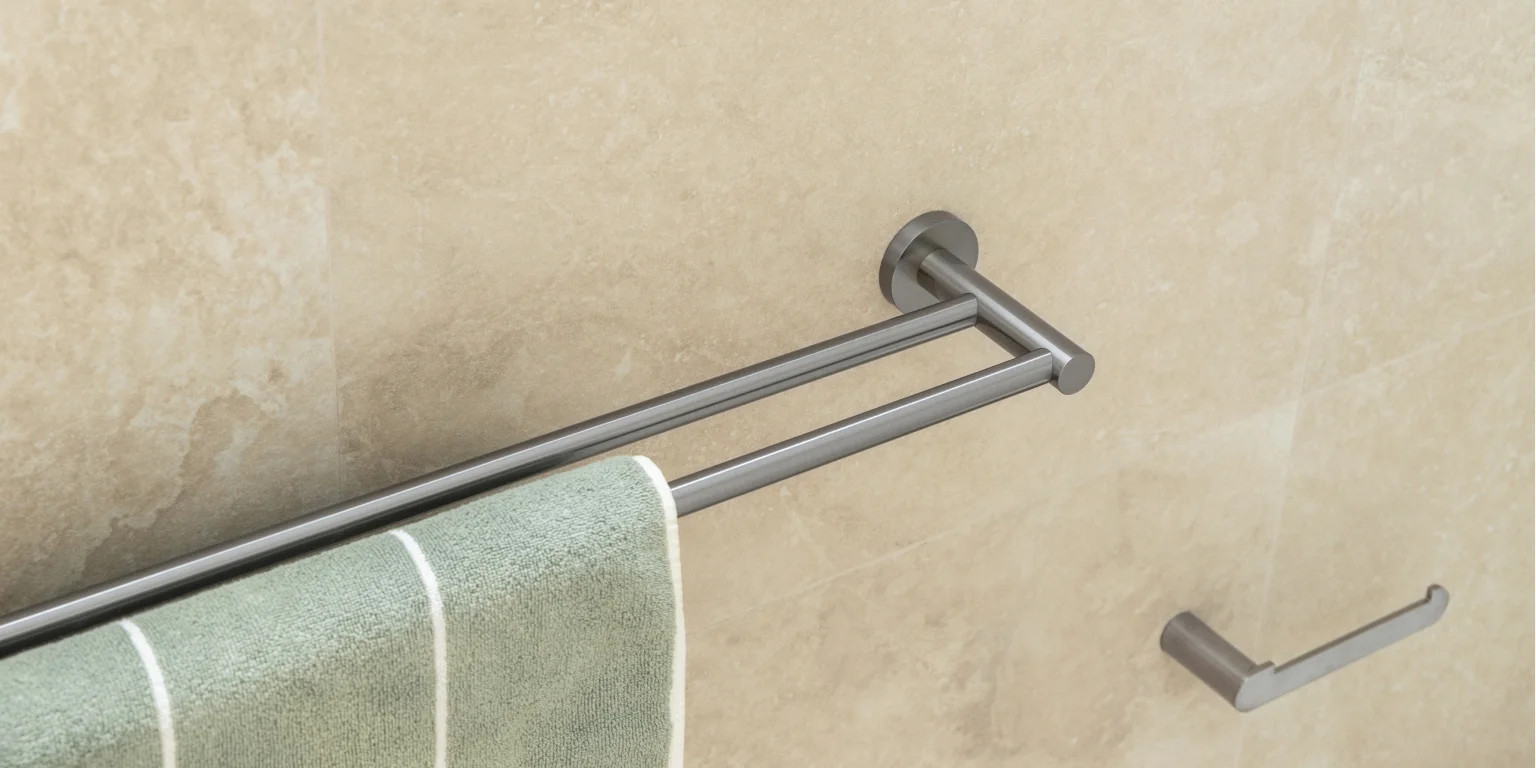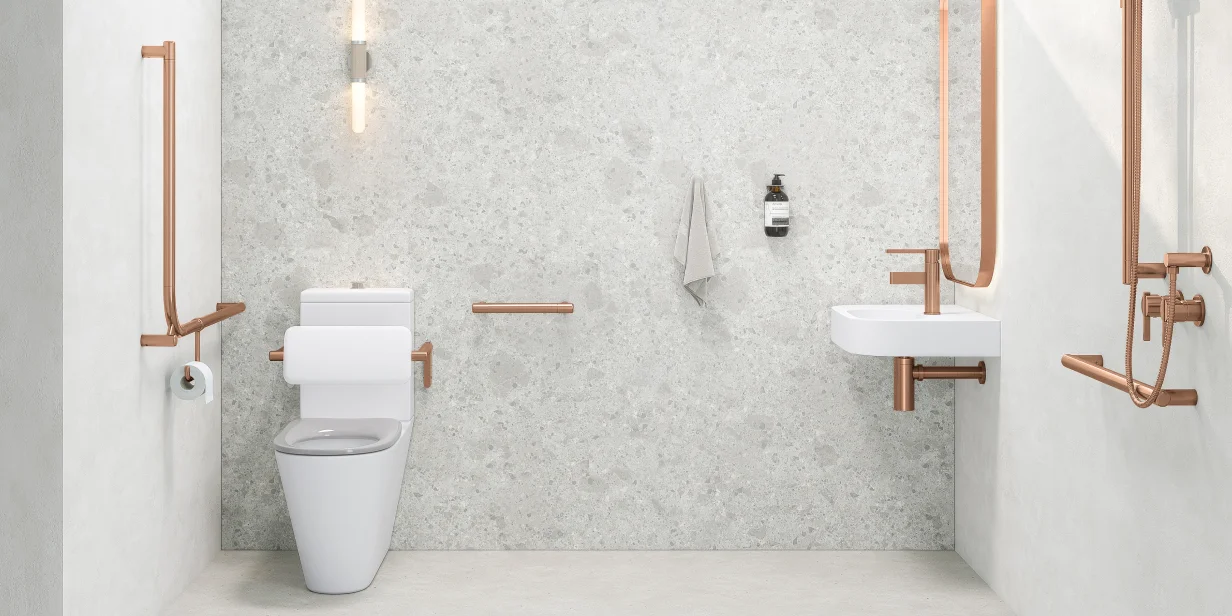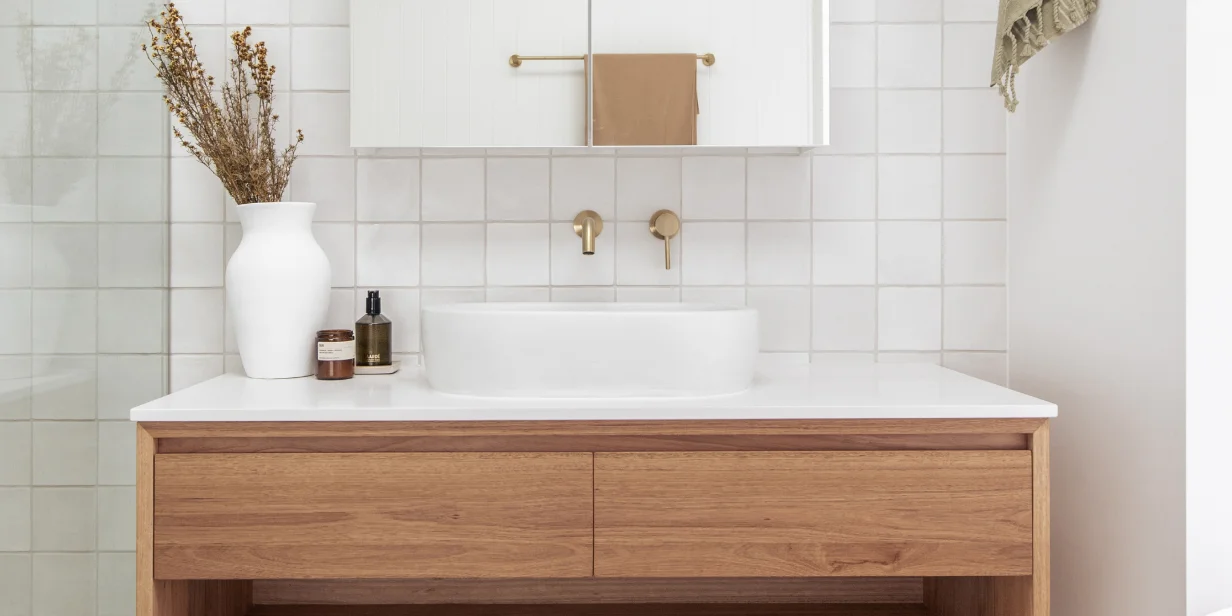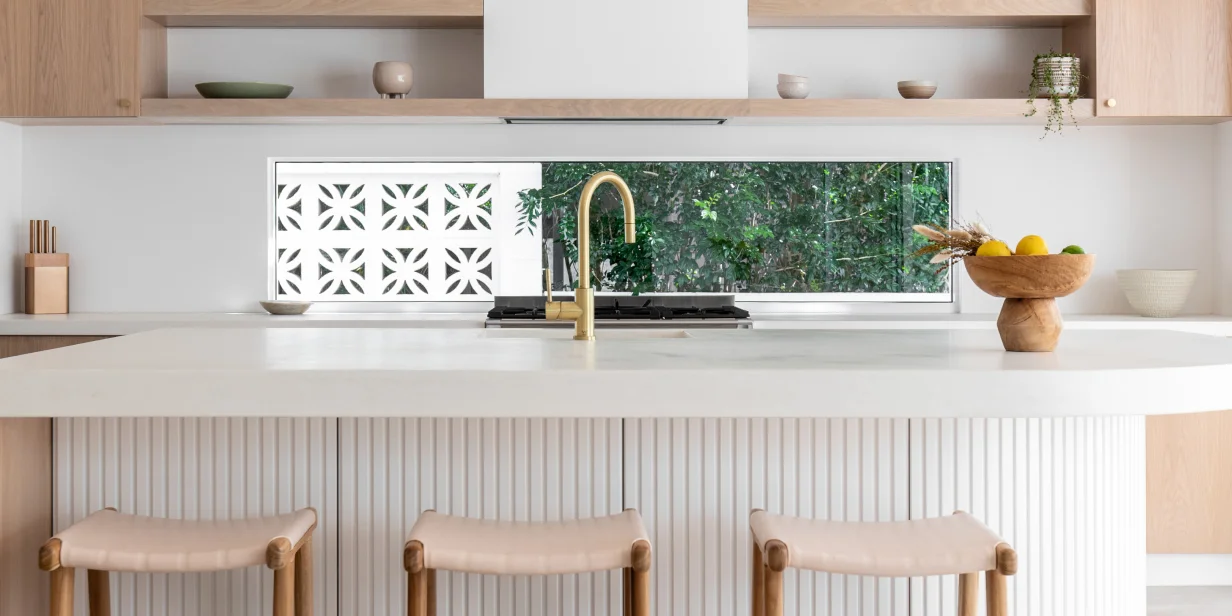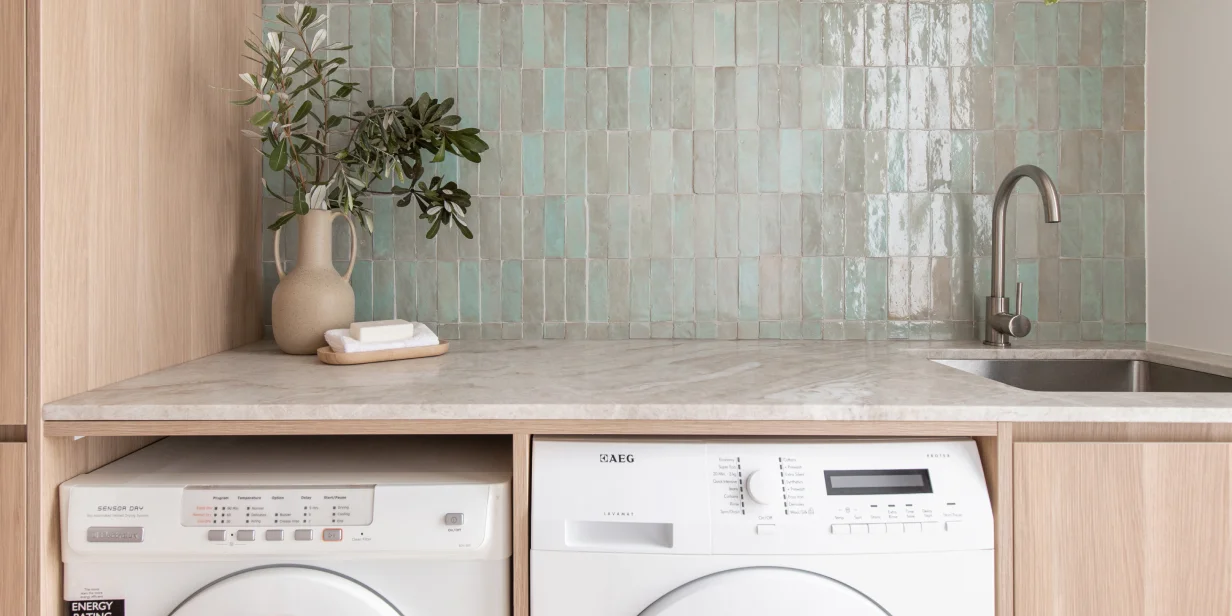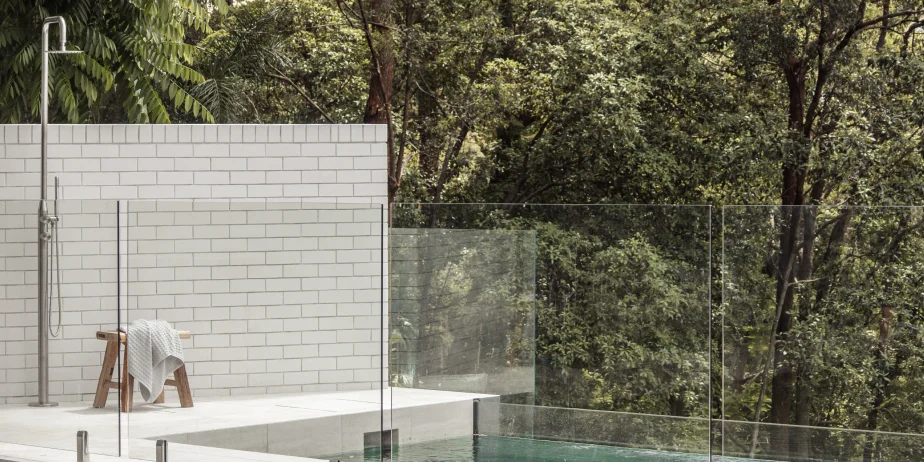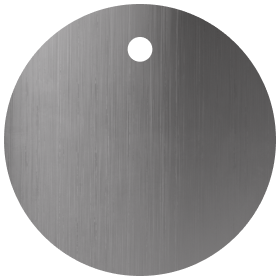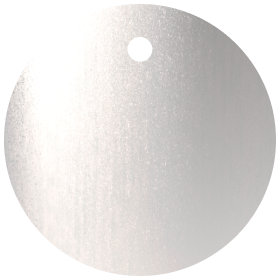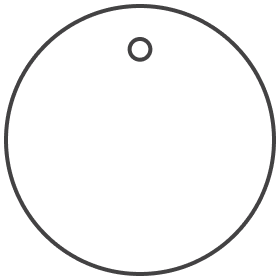How to Maximise Water Efficiency in Your Commercial Space
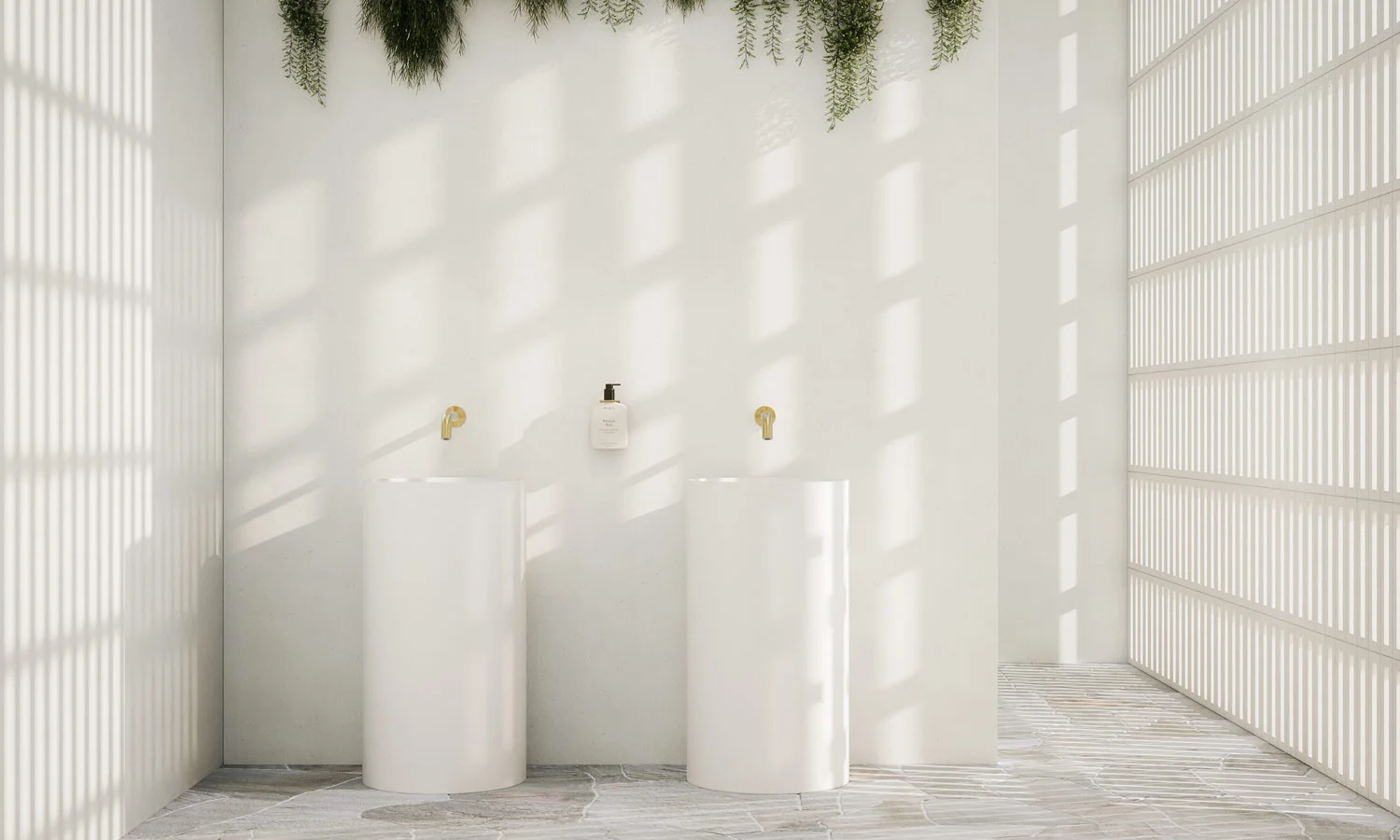
As society becomes increasingly aware of the importance of sustainability, businesses are seeking innovative ways to reduce their environmental impact. Water efficiency is often overlooked, especially in office spaces and commercial establishments. By implementing strategies to conserve water, companies can contribute to a greener future. Join us as we explore various approaches to achieving water efficiency in your commercial space.
1. Analyse Water Consumption
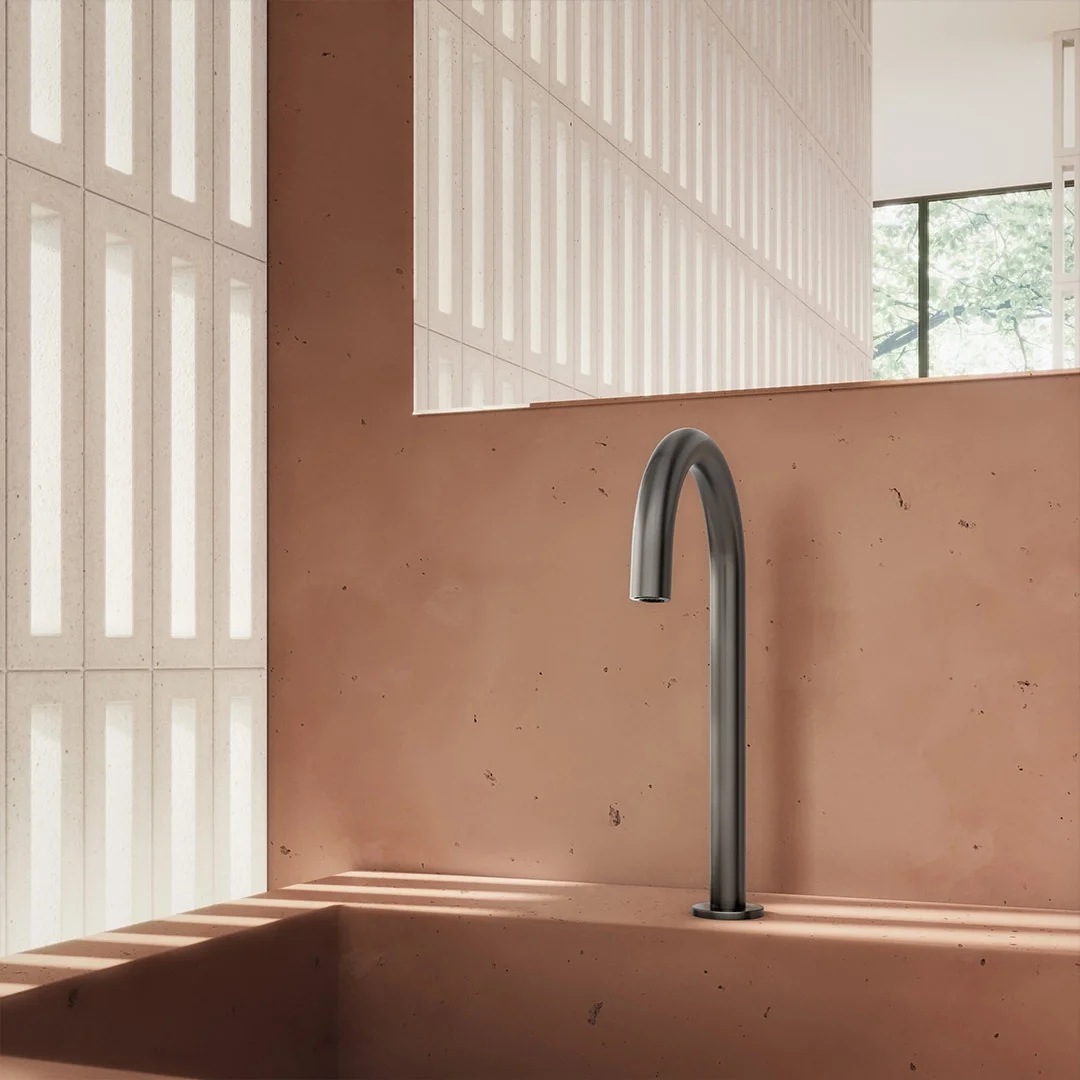
Before embarking on a water efficiency journey, it is vital to understand the current water consumption patterns within your office or commercial space. Conduct a thorough audit to identify areas where water is wasted or used inefficiently. This assessment will serve as a foundation for implementing effective water-saving measures.
The Australian government's online business resource, Business.gov.au, suggests creating a benchmark by installing sub-meters on your premises and regularly recording your water usage in a logbook or online software.
2. Assess Your Plumbing and Fixtures
Outdated plumbing fixtures are often responsible for excessive water consumption. You may have a leak and not be aware of it; in this case, you can organise an inspection of the office space's pipes.
Implementing leak detection systems can help identify and promptly repair any leaks, preventing water wastage and potential damage to the building infrastructure. By retrofitting fixtures with more efficient alternatives, you can significantly reduce water usage without compromising functionality.
3. Use Sensor Taps
Sensor or touchless taps are becoming increasingly popular due to their ability to enhance water efficiency. These taps are equipped with motion sensors that detect the presence of hands and activate the water flow accordingly.
Sensor taps offer several advantages for offices and commercial spaces:
- Reduced Water Consumption: Traditional taps have a tendency to be left running, leading to unnecessary water wastage. Sensor taps automatically control the water flow, ensuring water is used only when necessary. This feature can result in substantial water savings over time.
- Enhanced Hygiene: In shared spaces, maintaining proper hygiene is essential. Sensor taps eliminate the need to touch the faucet, reducing the spread of germs and bacteria. This touchless operation promotes a cleaner and healthier environment for employees, clients, and visitors.
- Cost Savings: By reducing water usage, businesses can witness a reduction in their water bills. The initial investment in installing sensor taps is quickly recovered through these cost savings, making it a financially viable solution in the long run.
- Accessibility: Sensor taps provide a practical solution for individuals facing challenges in handwashing. With their user-friendly interface, washing hands becomes effortless and inclusive for all members of the community.
ABI Interiors Sensor Spouts
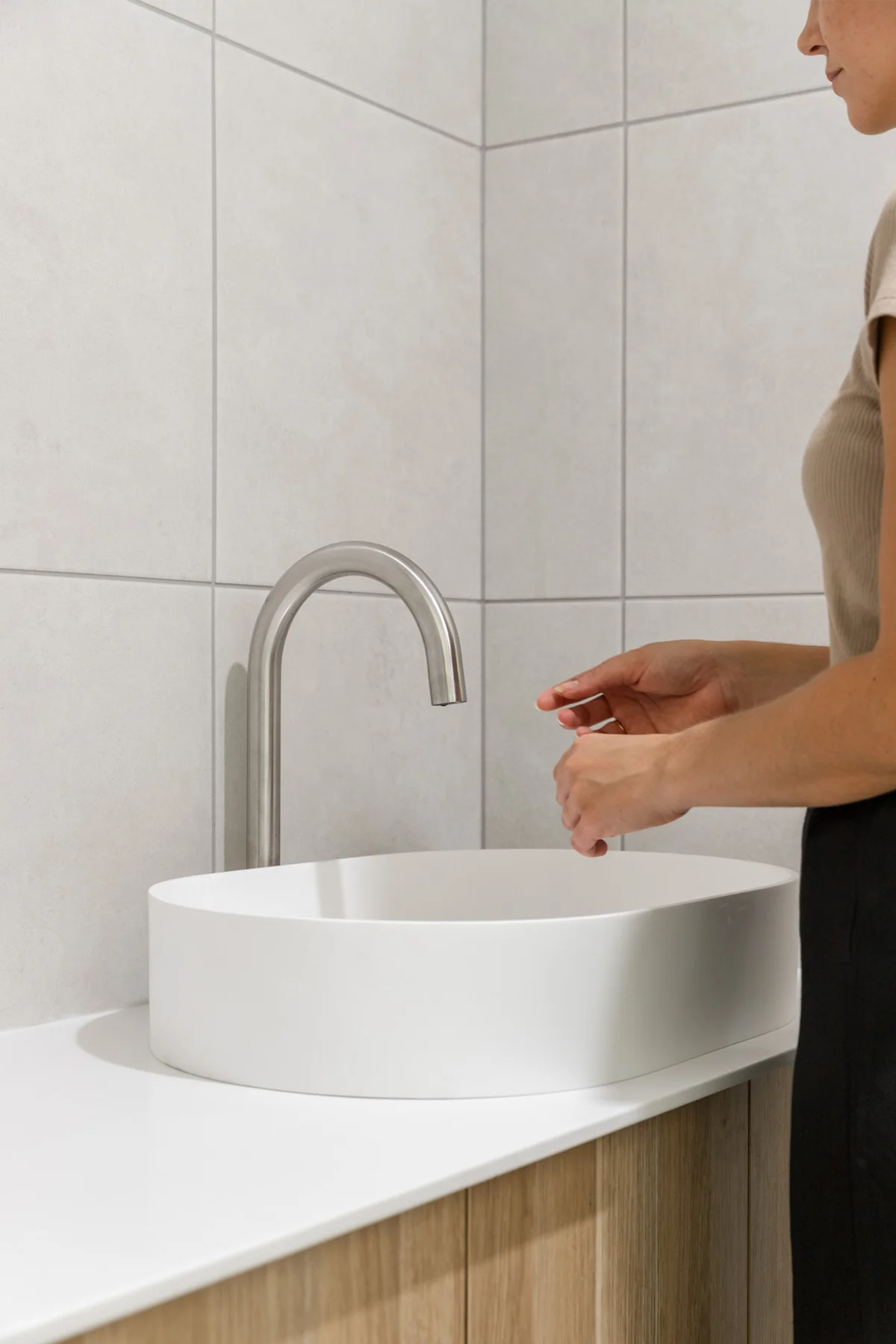
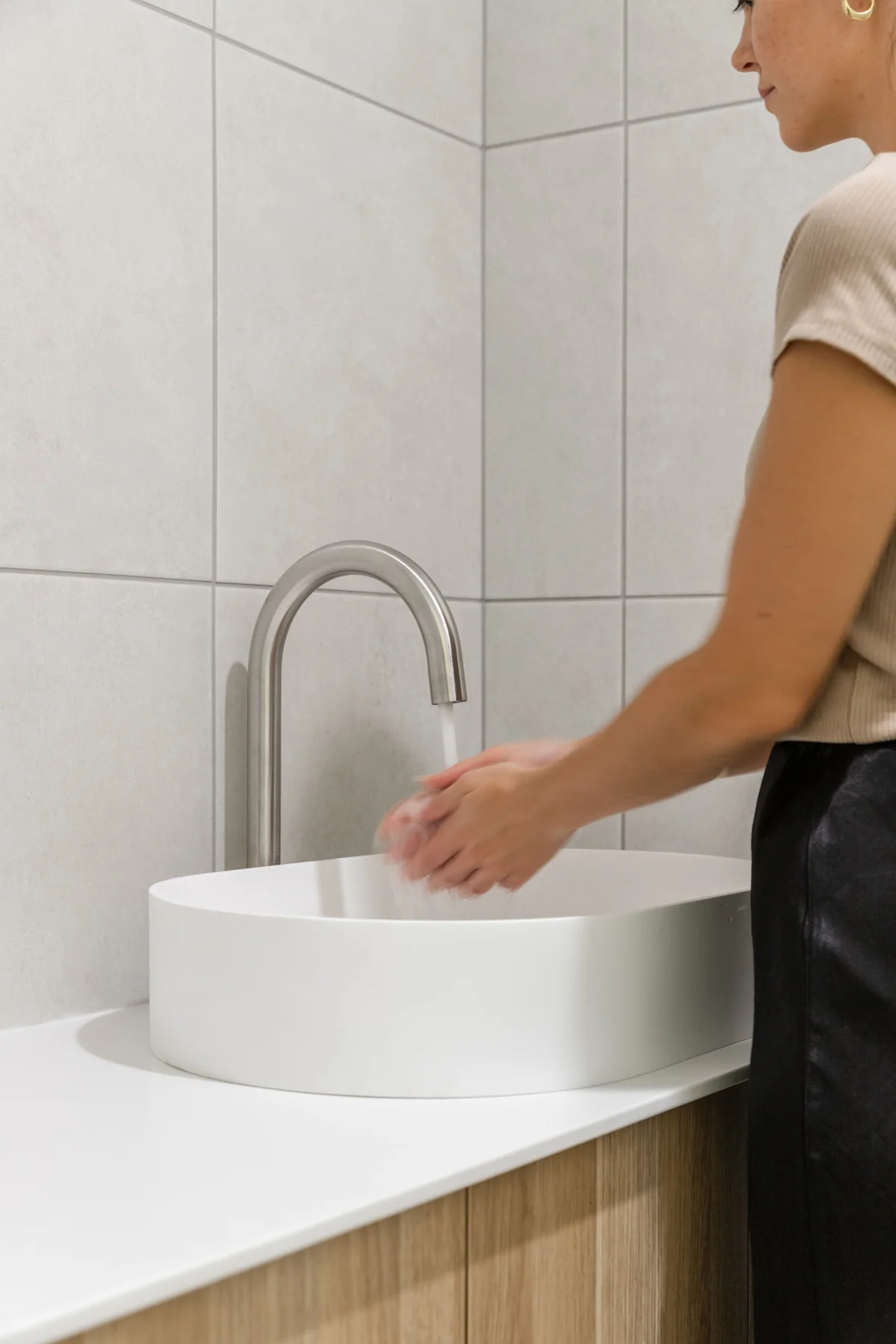
Our new sensor spouts offer the latest technology for the modern workplace without compromising style. As motion-activated infrared sensor taps, the touch-free capabilities only trigger water within a 15cm distance and stop automatically in under two seconds when hands are removed.
Constructed with durable 304 stainless steel and available in five signature finishes, our latest Sensor Collection offers the stylish solution to promote commercial space hygiene and significantly reduce water usage. Unlike other infrared sensors, our advanced technology seamlessly integrates with the spout tip, resulting in a sleek, cohesive look that enhances your space.
4. Rainwater Harvesting
Install a system to collect rainwater for non-potable purposes like irrigation and toilet flushing. This involves setting up gutters, downspouts, and a storage tank. Ensure proper filtration and treatment to maintain water quality.
5. Water Recycling/Reuse
Implement systems for recycling and reusing water, particularly in industries that require significant water usage. Closed-loop systems that recirculate water while treating and reusing greywater (lightly used water) for non-potable purposes can conserve water resources.
6. Water-Efficient Landscaping
For commercial spaces with outdoor areas, opting for water-efficient landscaping techniques such as drip irrigation and native plants can significantly reduce outdoor water consumption.
Water standards and testing requirements vary depending on your industry, how you use water, and your location.
7. Employee Engagement
Educate employees about water conservation and encourage their participation. Conduct training sessions, launch awareness campaigns, and establish reporting mechanisms for leaks and water-related issues to involve employees actively.
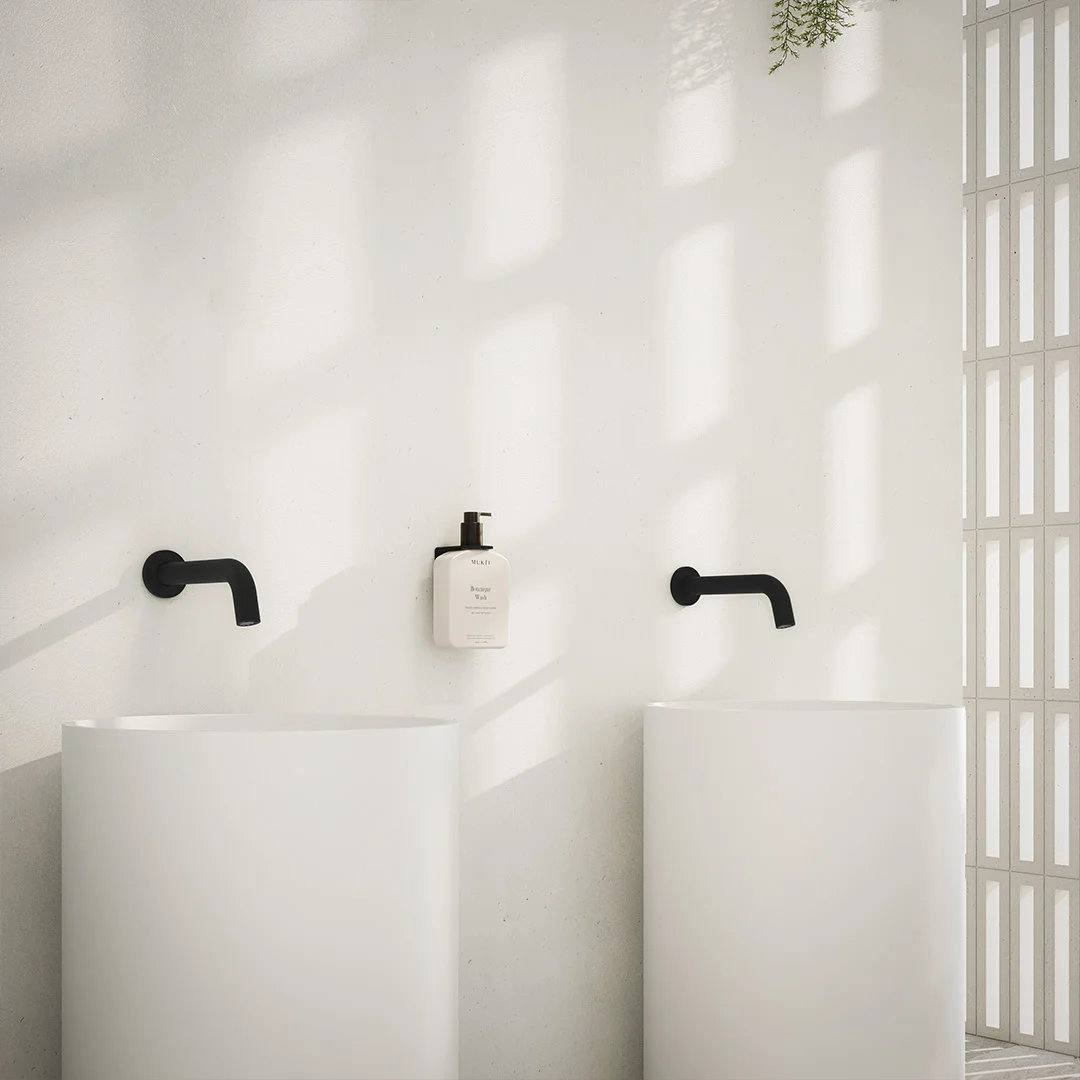
To learn more about water usage in your state or territory, explore the following resources:
- ACT Environment and Planning Directorate
- Government of Western Australia Department of Water and Environmental Regulation
- Northern Territory Department of Environment, Parks and Water Security
- NSW Department of Planning, Industry and Environment
- Queensland Environment, Land and Water
- Tasmanian Government Department of Primary Industries, Parks, Water and Environment
- Victoria Department of Environment, Land, Water and Planning
Water efficiency should be a priority for commercial establishments looking to align their practices with sustainable principles. Remember, every drop counts when it comes to water conservation. By embracing water efficiency practices, your commercial space can lead by example, inspiring others to adopt environmentally conscious approaches in their own domains.
